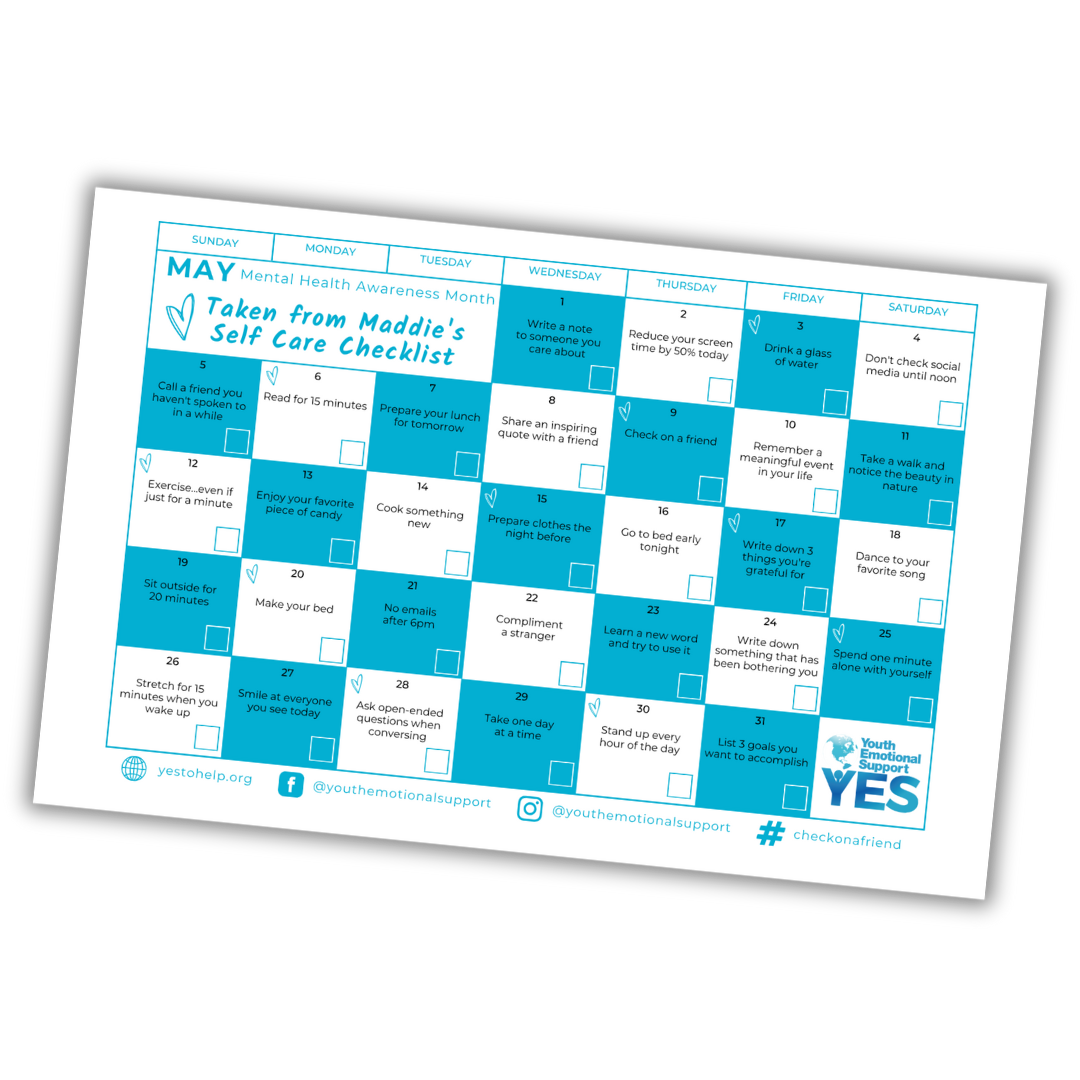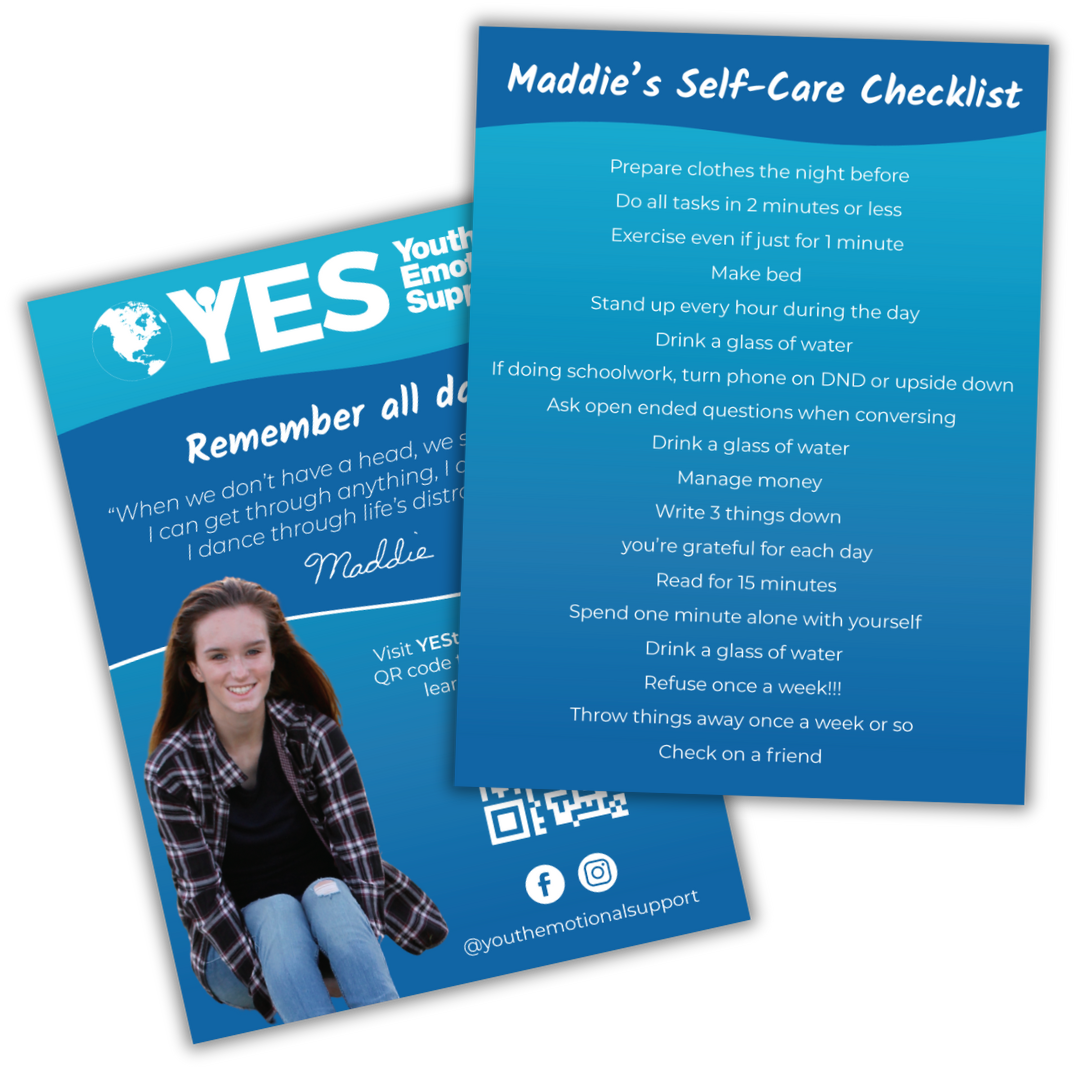By: Allison Moyel MSW, MHSE, MT(ASCP)
A 60 Minutes show that I watched a few years ago best helped me to really understand what disenfranchised grief actually means. The 60 minutes correspondent asked a group of ladies in a support group the following question: “What is the difference between having a mentally ill child and a child that suffers from a physical illness?” One of the ladies in the group replied with one word, “casseroles.” The 60 minutes correspondent then asked, “what do you mean by that? The woman replied, “I have two children, one of them was in a bad accident and had to have surgery for a broken leg. While that child was in the hospital, some of my neighbors brought over casseroles to our house to help us out. My other child was admitted to the local mental hospital for two weeks and nobody brought casseroles to our house.” Disenfranchised grief is grief that is not openly acknowledged, socially accepted, or publicly mourned.
The 60 Minutes episode really resonated with me because I have a child that lives with a severe mental illness and I too suffer from disenfranchised grief. When my child was in the thick of her crisis, my family did not receive casseroles either. For a long time, I went through life comparing my daughter to her peers and silently grieving that she wasn’t able to do things at the same pace her peers were. It was particularly difficult with college acceptances…my dream was for my daughter to go to the same college that I attended-The University of Florida. She chose not to apply at all, which was particularly devastating to me. What I was missing in life at the time was experiencing the joys of what my daughter was accomplishing, despite her mental illness.
Through my journey with my daughter, here are some DBT Emotion Regulation and Distress Tolerance Skills that I have learned that have helped me to more effectively manage my grief:
(1) Mindfulness of Current Emotions-Observing Your Emotion, Practicing Mindfulness of Body Sensations, Remembering that You are Not Your Emotion, and Practicing Loving Your Emotion
This skill allowed me to be aware of my sadness and to experience that emotion fully, rather than suppressing it.
(2) ABC PLEASE-Accentuate the Positives, Build Mastery, Cope Ahead, Treat Physical Illness, Balanced Eating, Avoiding Mood Altering Substances, Balanced Sleep, and Exercise
This skill helped me to practice self-care and to decrease my vulnerability to emotion mind.
(3) Opposite Action-Identify and name the emotion, Check the Facts, Identify and Describe Your Action Urges, Ask Wise Mind, Identify Opposite Actions, Act Opposite All the Way, Repeat Acting Opposite
This skill encouraged me to change my urges to withdraw or isolate myself (due to sadness) to more fully engage in the joyful aspects of my life.
(4) Radical Acceptance-Stop fighting reality because reality is not the way you want it to be. Letting go.
This skill taught me that to truly move through my grief. I had to fully accept that my daughter was where she was in this moment in time. I might not like it and wish it was different and this is her reality for right now. This still allowed me to still hope that things could change for the better.
Do these skills make the grief go away entirely? Absolutely not! I still suffer periods of grief when my daughter isn’t doing well, and my friends are talking about all these wonderful things that their children are doing. What I do have now is my DBT Toolkit that helps me to more effectively manage and cope with my emotions. I have to say that learning these skills were a game changer for me and have made the biggest difference for me in managing my grief. I now try to spend more time experiencing the joys in my life and less time mourning the loss of what could or should be. This sentiment is best summed up with the ending sentences of the short story, “Welcome to Holland” by Emily Peril Kingsley: “If you spend your life mourning the fact that you didn’t get to Italy, you may never be free to enjoy the very special, the very lovely things about Holland.”
Source: DBT Skills Training Manual

